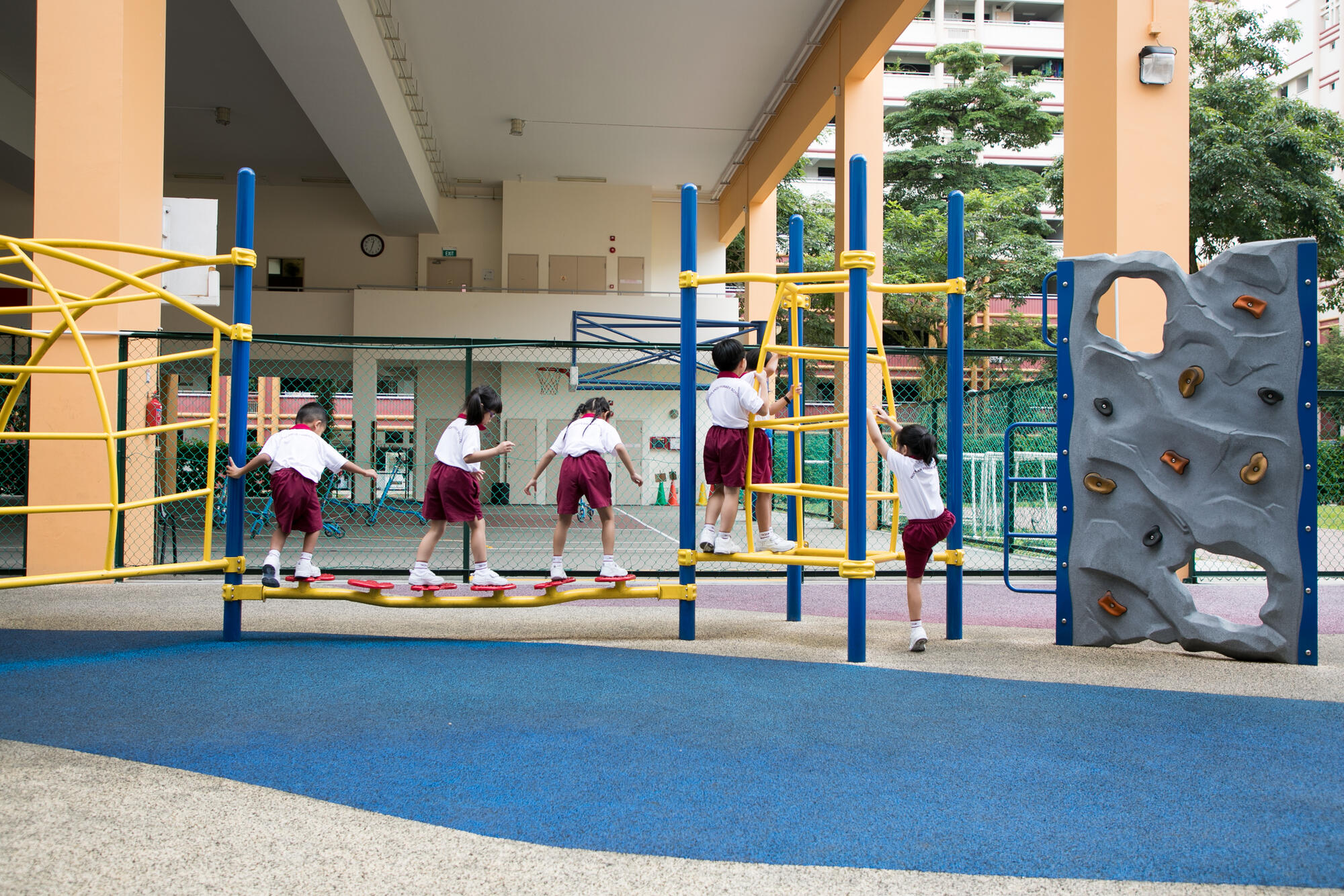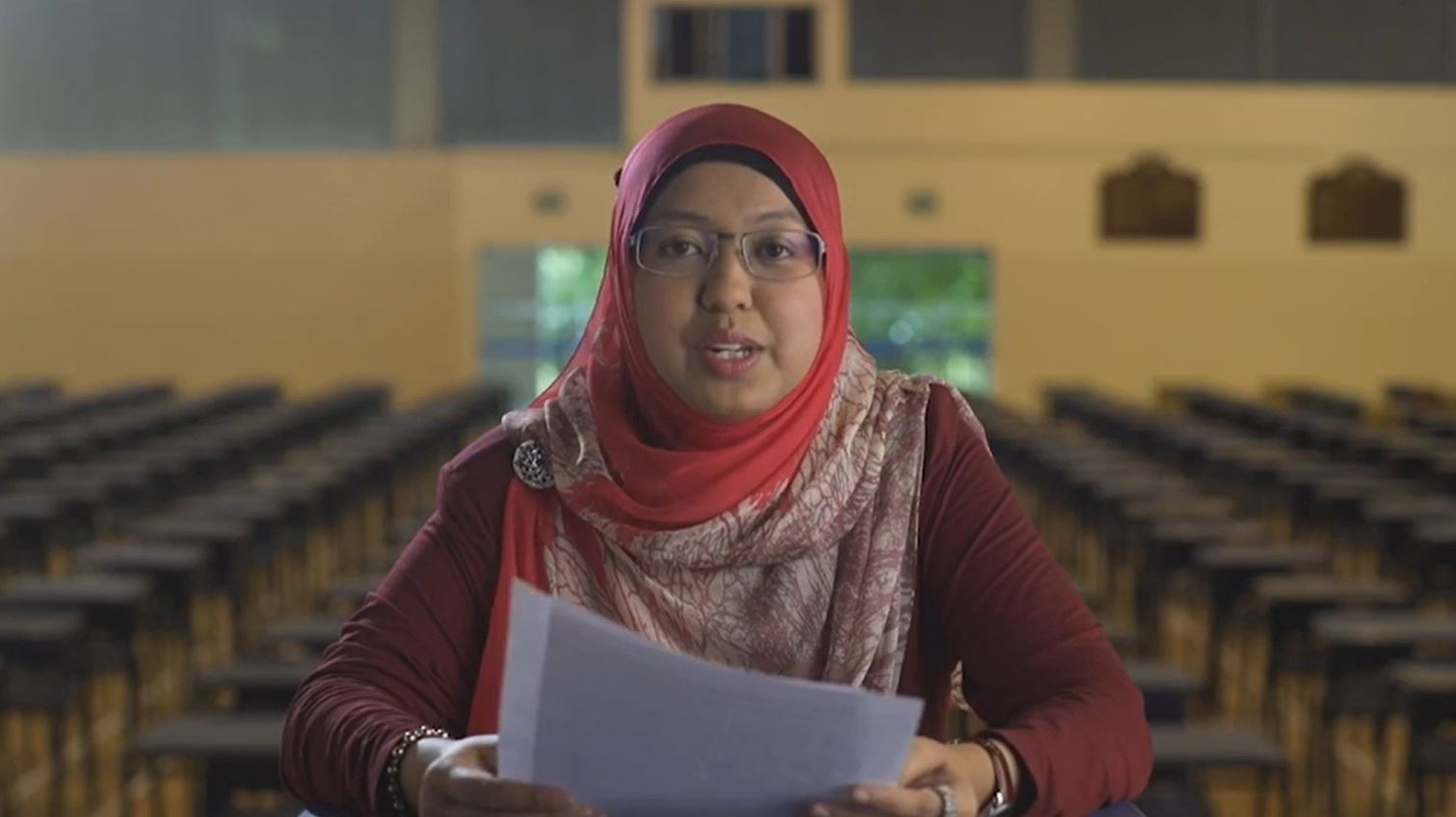While he had mostly breezed through the first three years of formal schooling, it was clear when my son got to Primary 4 that he was, at best, an above-average student. Last year, when his struggle with maths and science intensified in Primary 5, we had to temper our expectations again.
After the year-end exams, he came home and announced with what struck me as misplaced optimism: “I passed science by nine marks.”
From my perspective, it looked more like he had nearly flunked the subject. His results shocked me into signing him up for a science enrichment class, something I had resisted doing.
To me, private tuition is a last resort to help my kids stay afloat, not a first-line option to push up an already decent grade. But, with the Primary School Leaving Examination (PSLE) less than a year away, I didn’t dare take any chances.
When it came time for the Term 1 reviews this year, I wondered how he would fare in science after two months of extra coaching. “I improved! By three marks,” he declared with disconcerting good cheer the day he got his results. Sensing my disappointment, he countered: “But you said I just had to aim for an improvement.”
When good is not good enough
He was right. The problem lay not with him but with me. He had dutifully gone for the after-school lessons and done the assigned homework. Yet while I encouraged him to compete with himself and not others, I guess deep down inside, I was hoping for a miracle turnaround.
Common sense tells us that we can’t all squeeze into the rarefied stratum where the elites dwell – there is just not enough room at the top. But still, we hold our children to impossible standards, benchmarking them against conventional measures of success instead of valuing them for their unique quirks and abilities.
Fun for fun’s sake is now a luxury, even meaningless. Every sport, activity and hobby should, it seems, be honed to a level of proficiency that helps open doors or merits a mention in a winning resume. In our relentless pursuit of excellence, good is no longer good enough, and being labelled average might as well be an insult.
Talking about special skills
Months before the PSLE, a common question among parents with P6 kids was: “Are you applying for DSA?” The Direct School Admission scheme is a way of securing a place in popular secondary schools as it recognises talents beyond good grades.
Invariably, I would say, almost apologetically, that my son had no standout ability that would give him a clear shot at DSA.
Almost every other mum I know was applying for DSA on her child’s behalf, with many trying for two or more sports or other disciplines to bolster their chances.
The reality is, my son is an average kid – at least going by the yardsticks in the Singapore system. His PSLE results will likely be good enough to qualify him for the Express stream, but probably not good enough to get him into our preferred choice, a top mission school.
He enjoys playing badminton and basketball but is unlikely to make any school team with his level of skills.
He boasts no other talent that most people would regard as an accomplishment, unless you count his ability to identify every national flag as one.
But through the struggles and setbacks he sometimes faces, I have come to appreciate the upside of being run-of-the-mill.
Since things don’t come as easily for my son, it keeps him grounded and helps him develop a greater capacity for empathy.
And, instead of having to worry about who’s nipping at his heels, he sees any improvement in his grades as a cause for celebration and cherishes every newly acquired skill.
Celebrating little triumphs
Being average does not make one a failure, just as sterling results don’t guarantee success. After all, the right attitude can make up for the lack of aptitude, and our levels of competency can change with time and practice. Even attributes we think nothing of can make a big impact.
After I mentioned in a column for The Straits Times earlier this year that my son’s knack for recognising country flags was not a DSA-worthy talent, a reader sent me an encouraging email.
Her son, too, struggled with maths as a child but could identify every national flag.
“For the longest time, we joked about his useless talent,” she wrote. “Well, it turns out that it may not be as useless after all. In September this year, my boy will be going overseas to study international relations!”
Her email reminded me to value my kids as they are, celebrating their little triumphs that might not make a ripple in others’ lives. So, when my son sent me a jubilant text message after getting an A grade in his science preliminary exam, I embraced his “glass half-full” mentality.
Instead of dwelling on how far he still had to go to close the gap between his score and the mark range for A*, I marvelled at how far he had come in just eight months.
I was especially proud of how he had quietly slogged away, staying upbeat and insisting on going for tuition even when he felt unwell.
Like beauty, success is in the eye of the beholder. It could mean a straight-A* showing for some, or an improvement of just three marks to others (namely, my son).
Me, I prefer this synthesised adage that is often misattributed to Winston Churchill: “Success is not final, failure is not fatal: It is the courage to continue that counts.”
May my son always muster the gumption to soldier on and strive for his next personal best.
Tee Hun Ching, a mother of two, is a copy editor and freelance journalist who was previously an editor with The Straits Times.






.jpg)